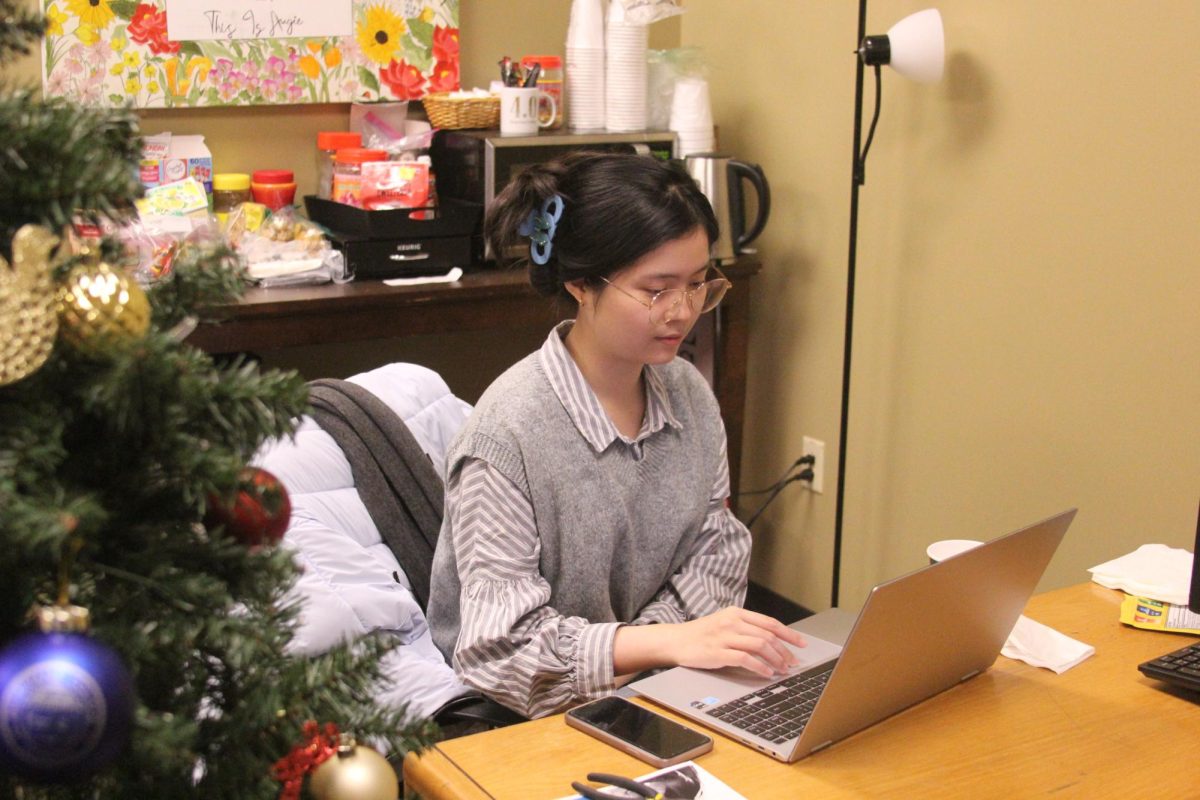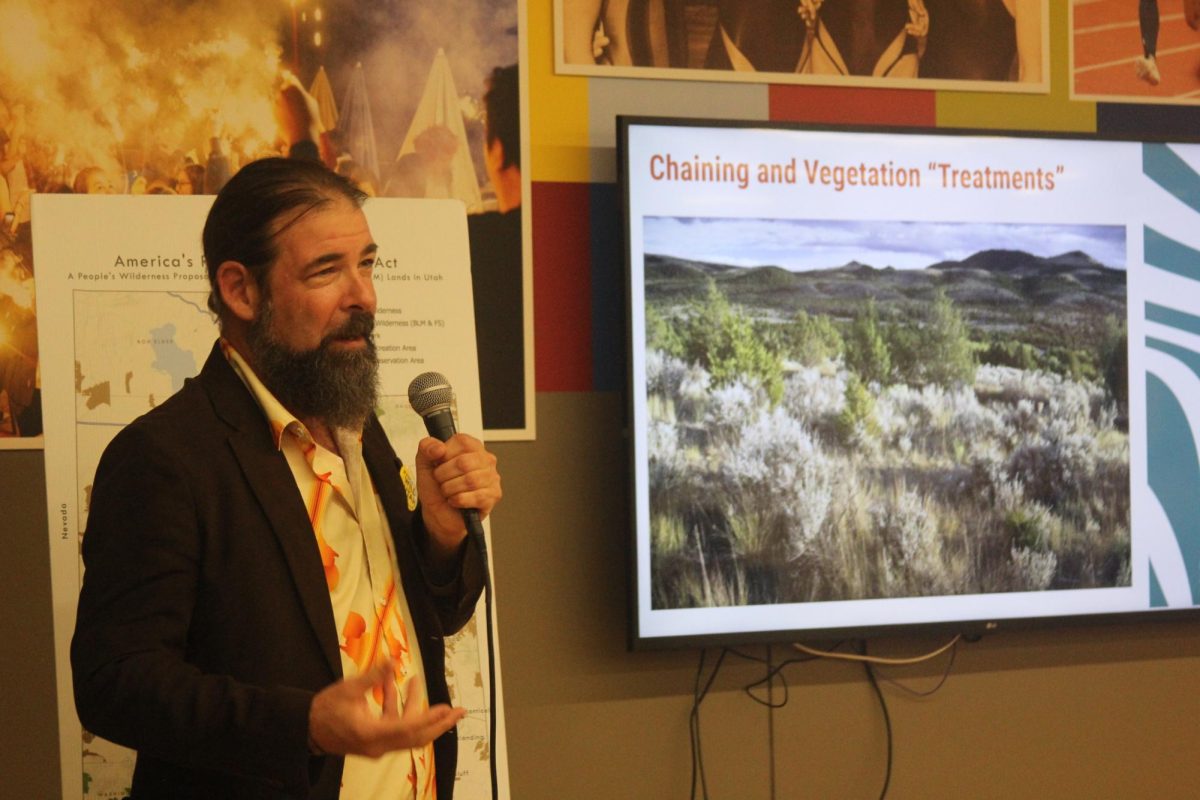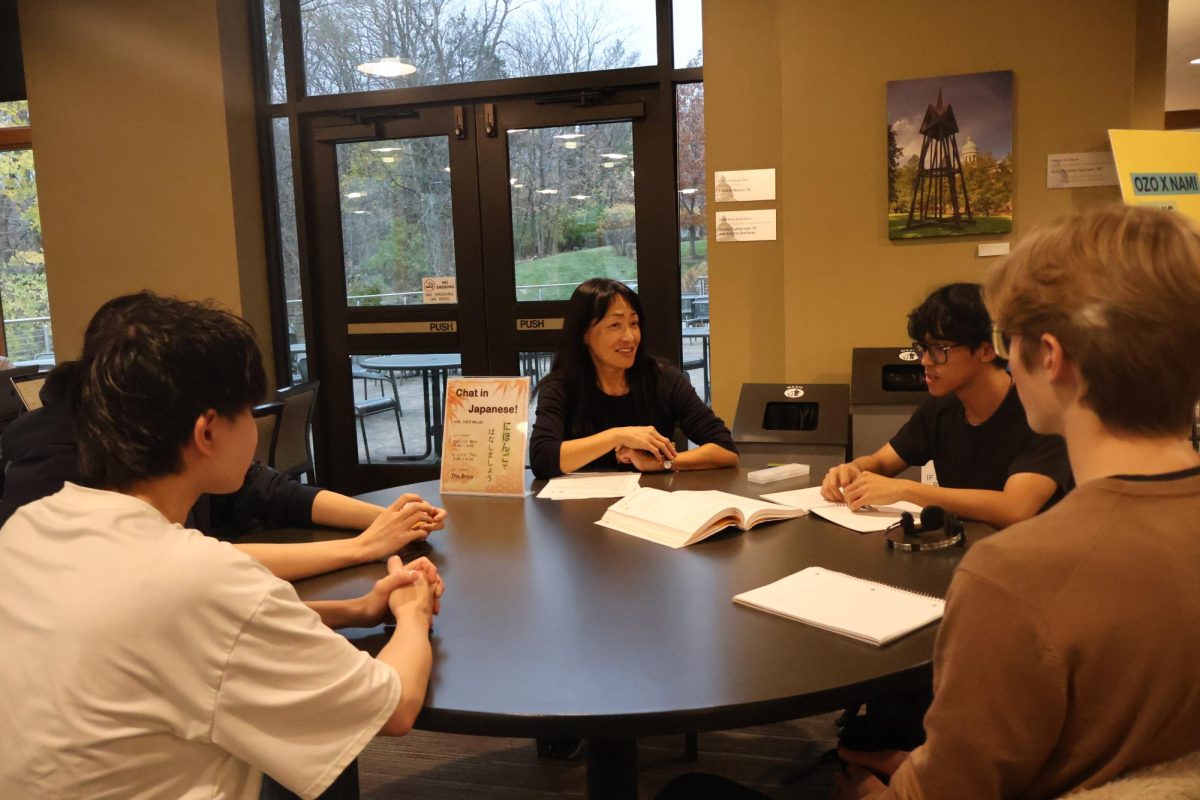Fundamental misunderstandings of what First Amendment rights actually do for citizens in practice contributes in a big way to the perpetuation of ignorance and bigotry, both on our campus and nationally.
Cries that freedom of speech was being taken away when Yik Yak was blocked on Augustana’s WiFi revealed our campus’s disparity between what we think freedom of speech means and what it actually means.
This problem is being repeated now in Indiana, where the “religious freedom” bill is giving religious business owners license to discriminate against LGBTQ+ customers.
Various “religious freedom” laws across the country recognize that the government cannot prosecute an individual or a business for following their religious beliefs, but that an individual bringing a suit against another individual or business on the grounds of discrimination is entirely possible, even if the discrimination was supposedly religiously justified. Indiana’s law makes no such distinction, thus the root of the problem.
Other states, such as Colorado and Nebraska, are facing similar pieces of legislation. Indiana is the only one that has signed such blatant discriminatory anti-LGBTQ+ “religious freedom” bills into law.
Even worse, in California, a “Sodomite Suppression Act” is attempting to give civilians permission to kill LGBTQ+ people at will by shooting them in the head (“or by any other convenient method”, as the Act itself reads).
It was started by a civilian who will need more than 365,000 signatures in order for it to reach the legislature.
It it ludicrous that anyone would think that religious freedom would permit them to murder other people at will, to protect the nation “from God’s wrath.” Yet here we are in 2015, and the Sodomite Suppression Act is real, even if it isn’t the law yet.
The First Amendment is supposed to protect us all from legislation that allows some people’s religion to hold public sway over others who may not share in that religious belief, not facilitate it.
It lets us have freedom to practice or hold any religious beliefs we want (within certain limits, such as no human sacrifice). It does not give Indiana, California or any other state the right to allow discrimination and even vigilante murder on the grounds of religious freedom.
These fundamental misunderstandings of what our Constitution does for us are not just annoying, as in the case of Yik Yak, but can be downright dangerous.
As a campus, it seems that we are no strangers to freedoms being used to harm others, though nothing so extreme has befallen our campus. The hate speech on Yik Yak was a clear case of freedom of speech gone horribly awry. What can be done to balance the constitutional rights of freedom of speech and religion with the basic human rights of dignity and safety is a question that has grown to be too polarized for some to even consider.
Yet we must consider it. The national backlash against Indiana has been strong, and other citizens in California have proposed a retaliatory piece of legislation against the SSA.
As students at a Christian college, whether we are Christian or not, we all have a responsibility to have vested interests in protecting the human rights of fellow citizens. Understanding that constitutional freedoms do not excuse violence and discrimination is just one place to start.
Freedom not license to discriminate
April 2, 2015
0
Tags:
More to Discover





































































































